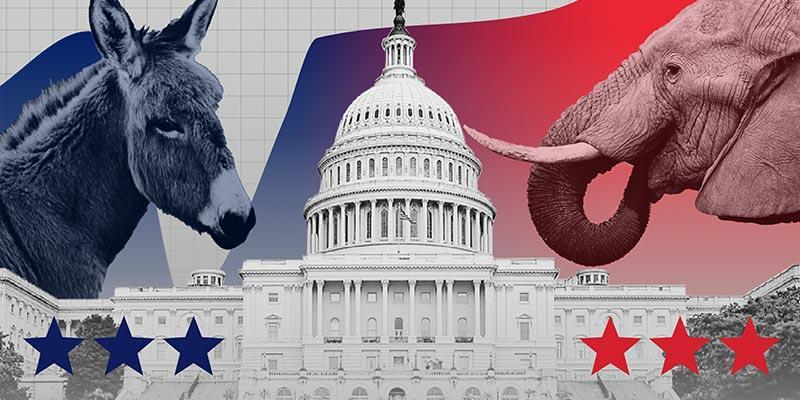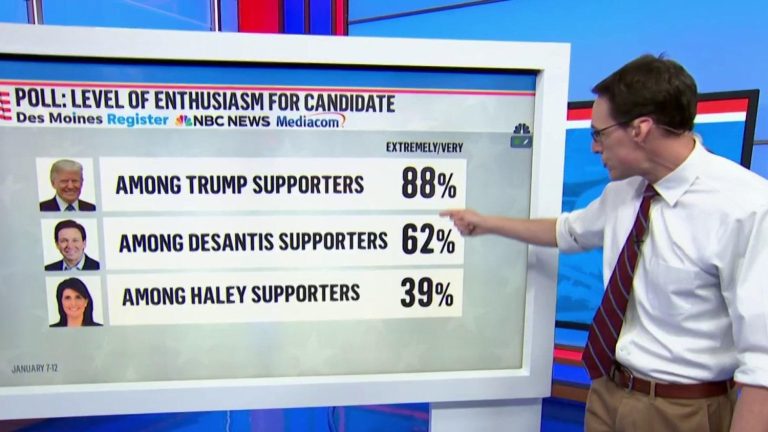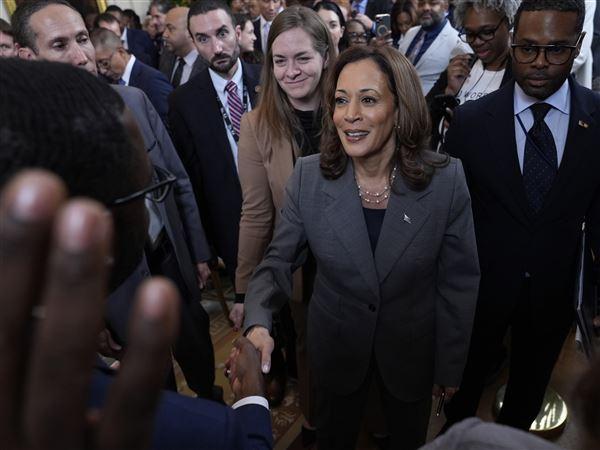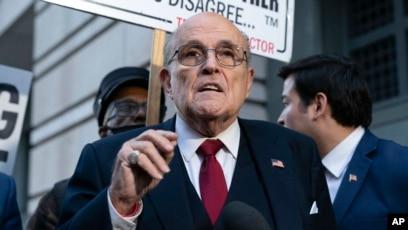
On Capitol Hill, the seat of American politics, a time-honored tradition unfolds for every newly elected member of Congress: the office selection process. Beyond its primary function as a workspace, this choice holds profound significance, as it shapes the newcomer’s identity, influences their daily work, and symbolizes their presence within the hallowed halls of power. Join us on a journey into the intricacies of this pivotal rite of passage, where each office tells a tale of its occupant’s aspirations, preferences, and the subtle intricacies of Capitol life.

The Politics of Office Space: Navigating Capitol Hills Real Estate Hierarchy
In the hallowed halls of Capitol Hill, the office a member of Congress occupies is not merely a workspace but a symbol of power, seniority, and prestige. For congressional newcomers, the process of selecting an office becomes a rite of passage, a visible manifestation of their arrival within the hallowed halls of power.
As with any real estate endeavor, location, square footage, and architectural features all play a role in determining the desirability of an office space. However, in the unique ecosystem of Capitol Hill, unwritten rules and unspoken hierarchies further shape the pecking order of congressional office space. Members with seniority enjoy the privilege of first dibs on prime locations, such as offices with iconic views of the Capitol dome or the Washington Monument.

From Cluttered Cubicles to Prime Real Estate: The Strategic Implications of Office Choice
What’s in a Workspace?
For a newcomer to Congress, choosing an office is more than just securing a place to work. It’s a rite of passage that can have profound strategic implications. Consider the coveted “prime real estate” of the Rayburn House Office Building (RHOB), where offices facing the U.S. Capitol offer commanding views and symbolic power. Such offices often indicate seniority, influence, and access to inner circles.
The Proxemics of Power
The location of an office within an office building also speaks volumes. Those situated near elevators or meeting rooms are more accessible, facilitating impromptu conversations with colleagues and visitors. Conversely, offices tucked away in remote corners may provide more privacy and solitude but may also hinder informal networking opportunities. Even the size and layout of an office can convey status and authority. Grand, spacious offices with high ceilings and separate meeting areas exude an air of importance, while smaller, more modest spaces may be perceived as less significant.
Enhancing Productivity and Presence: Tips for Selecting an Optimal Congressional Office
Selecting an Ideal Location for Your Office
Finding the right location for your congressional office is crucial for productivity and presence. Consider the following factors:
Proximity to key landmarks: Close proximity to the Capitol, committee hearing rooms, and other congressional offices facilitates collaboration and reduces travel time.
Accessibility for constituents: An office within easy reach of public transportation or parking provides convenience for visitors and enhances accessibility for those seeking services or representation.
Visibility and branding: A well-located office with significant visibility can enhance your presence in the district and serve as a physical representation of your brand.
Creating a Productive Workspace
Optimizing your office for productivity involves several considerations:
Size and layout: Choose an office size that accommodates staff comfortably and allows for optimal workflow and privacy. Plan the layout to maximize natural light, reduce noise distractions, and foster a sense of unity and collaboration.
Technology and infrastructure: Ensure your office has reliable internet access, ample power outlets, and up-to-date technology. Consider ergonomic furniture and equipment to promote comfort and well-being.
Customization and ambiance: Personalize your office with décor and artwork that reflect your brand and values. Create a welcoming and inviting atmosphere that inspires productivity and reflects the interests of constituents.
In Retrospect
And so, with an encyclopedic knowledge of Room Numbers and a newfound appreciation for Capitol Hill real estate, these congressional freshmen bid farewell to their temporary digs and embark upon the next chapter of their Capitol careers. As they settle into their own offices, these newly minted lawmakers will leave an imprint not only on the physical space but also on the hallowed halls of Congress, shaping the future of American governance one room at a time.



